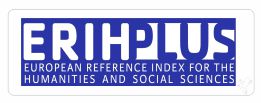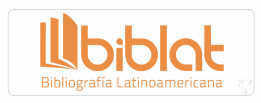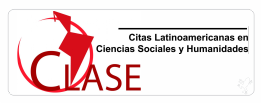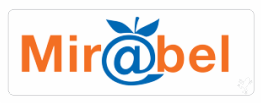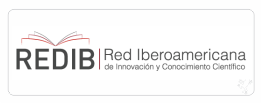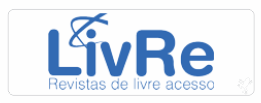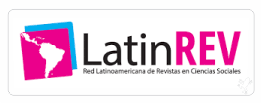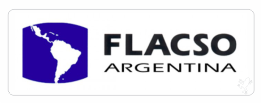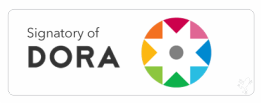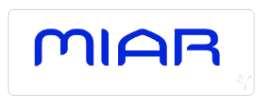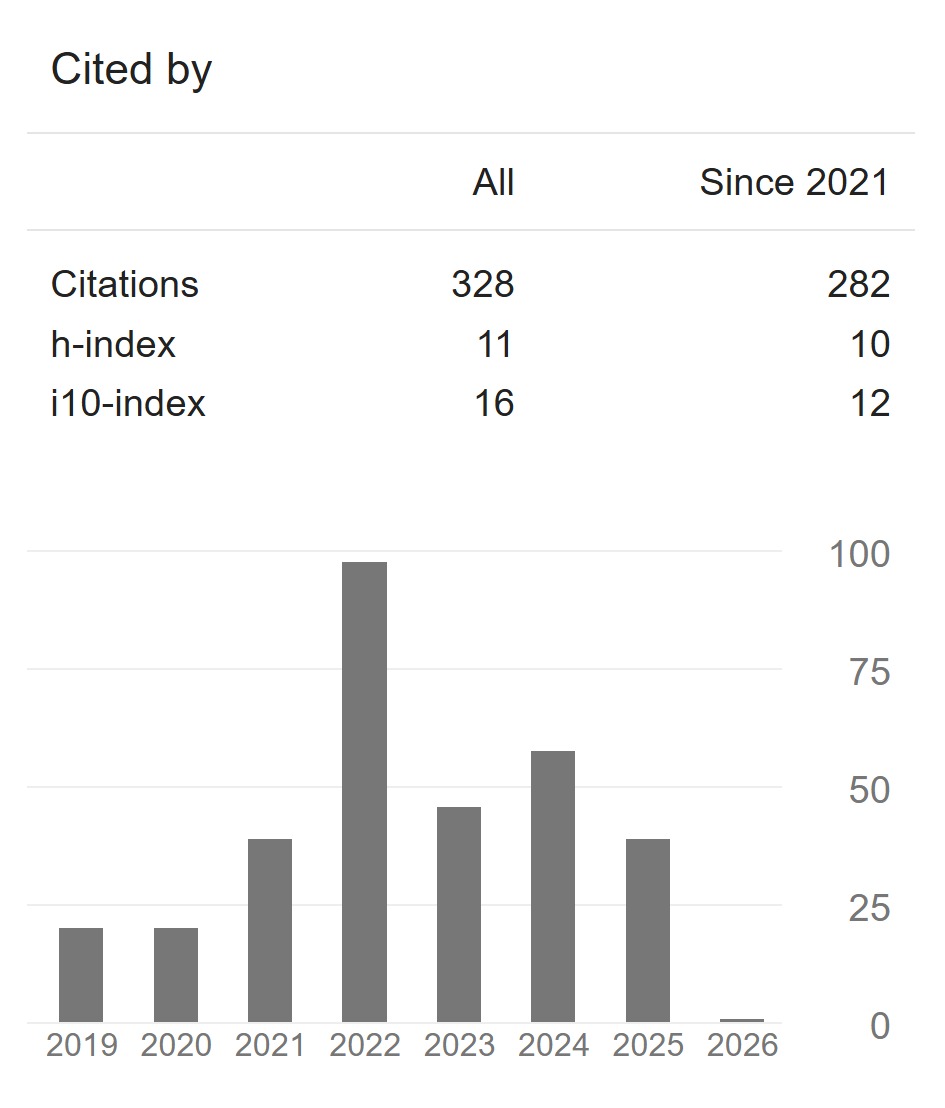A proposal of reflection on English Grammar Teaching
DOI:
https://doi.org/10.34069/RA/2021.7.04Palavras-chave:
Proposal of reflection, grammar cross relationship, English teaching, leading skills, linguistic self-confidence.Resumo
The present work poses a reflection with the English language teachers on the importance that should be awarded to grammar in the teaching and learning of this language. Without leaving aside the integrating character promoted by the communicative approach in the treatment of the leading skills and the insertion of the students in communicative situations that enables the practice in linguistic habits formation through the development of the different components that are part of the communicative competence, the author expresses some ideas and criteria on how the professorship can teach grammar by means of the abilities to speak and write in English, and not English only through grammar.
Cross grammar teaching from the leading skills- according to what is being analyzed by this author_ provides the tools and is the vehicle to carry out any communicative endeavor beyond the classroom. The author presents a system of exercises that show the transversal relationship of grammar with the leading skills. For the development of this work some methods were used such as: historic-logical, analysis-synthesis, inductive-deductive, systemic-structural-functional and the documentary revision. With the application of this grammatical proposal the students improved their speaking and writing skills, and their linguistic self-confidence was increased as well.
Downloads
Referências
Acosta, R., Rivera Pérez, S.J., Pérez García, J. E. y otros- (1999). A Communicative Language Teaching. Newcastle, New South Wales: Sumptibus Publication.
Antich de León, R. et al. (1986). Metodología de la enseñanza de lenguas extranjeras. La Habana: Ed. Pueblo y Educación.
Bandura, A. (1997). Self-efficacy: The exercise of control. New York: W. H. Freeman Company.
Brosh, H. (1996). Perceived and characteristics of the effective language teacher. Foreign Language Annals, 29(2), 125-138.
Cancio, RG. (2009): La clase de Lengua Extranjera. Teoría y práctica. Ciudad de La Habana: Ed. Pueblo y Educación.
Castellanos, S.D. (1999): La comprensión de los procesos del aprendizaje: apuntes para un marco conceptual, Centros de Estudios Educacionales, ISP E. J. Varona, La Habana.
Enríquez O’ Farrill, I.; Pulido Díaz, A. (2006): Un acercamiento a la enseñanza del inglés en la Educación Primaria. Ciudad de La Habana: Ed. Pueblo y Educación.
González Maura, V.; D. Castellanos Simona.; M.D. Córdova Llorca y otros. (1995): Psicología para Educadores. La Habana: Ed. Pueblo y Educación.
Klingberg, L. (1972): Introducción a la didáctica general. La Habana: Ed. Pueblo y Educación.
Lafayette, R. C. (1993). Subject matter content: What every foreign language teacher needs to know. En: G. Guntermann (comp.), Developing language teachers for a changing world (pp. 124-158). Chicago: National Textbook.
Lange, D. L. (1990). A blueprint for a teacher development program. En J.C. Richards y D. Nunan (comps.), Second language teacher education (pp. 245-268). Cambridge, MA: Cambridge University Press.
Pulido, Díaz, A. (2005): Propuesta de estrategia didáctica desarrolladora, para concebir el proceso de enseñanza- aprendizaje de la competencia comunicativa integral de la lengua inglesa, en alumnos de 6to grado de la escuela primaria en Pinar del Río. (Tesis en Opción al Grado Científico de Doctor en Ciencias Pedagógicas), Instituto Superior Pedagógico Rafael María de Mendive, Pinar del Río.
Richard, J. C. y Ch. Lockhart. (1995): Reflective Teaching in second Language Classrooms (second printing). Cambridge University Press.
Rico, P., y otros. (2000): Algunas consideraciones teóricas de carácter general para la operacionalización de las variables “Proceso de enseñanza- aprendizaje” y “Aprendizaje desarrollador”. ICCP.
Savin, N.V. (1976). Pedagogía. La Habana: Ed. Pueblo y Educación.
Vigotsky, S. (1987). Historia del desarrollo de las funciones psíquicas superiores. La Habana: Ed. Científico- Técnica.
Downloads
Publicado
Como Citar
Edição
Seção
Licença
Copyright (c) 2021 Revista Científica del Amazonas

Este trabalho está licenciado sob uma licença Creative Commons Attribution 4.0 International License.





